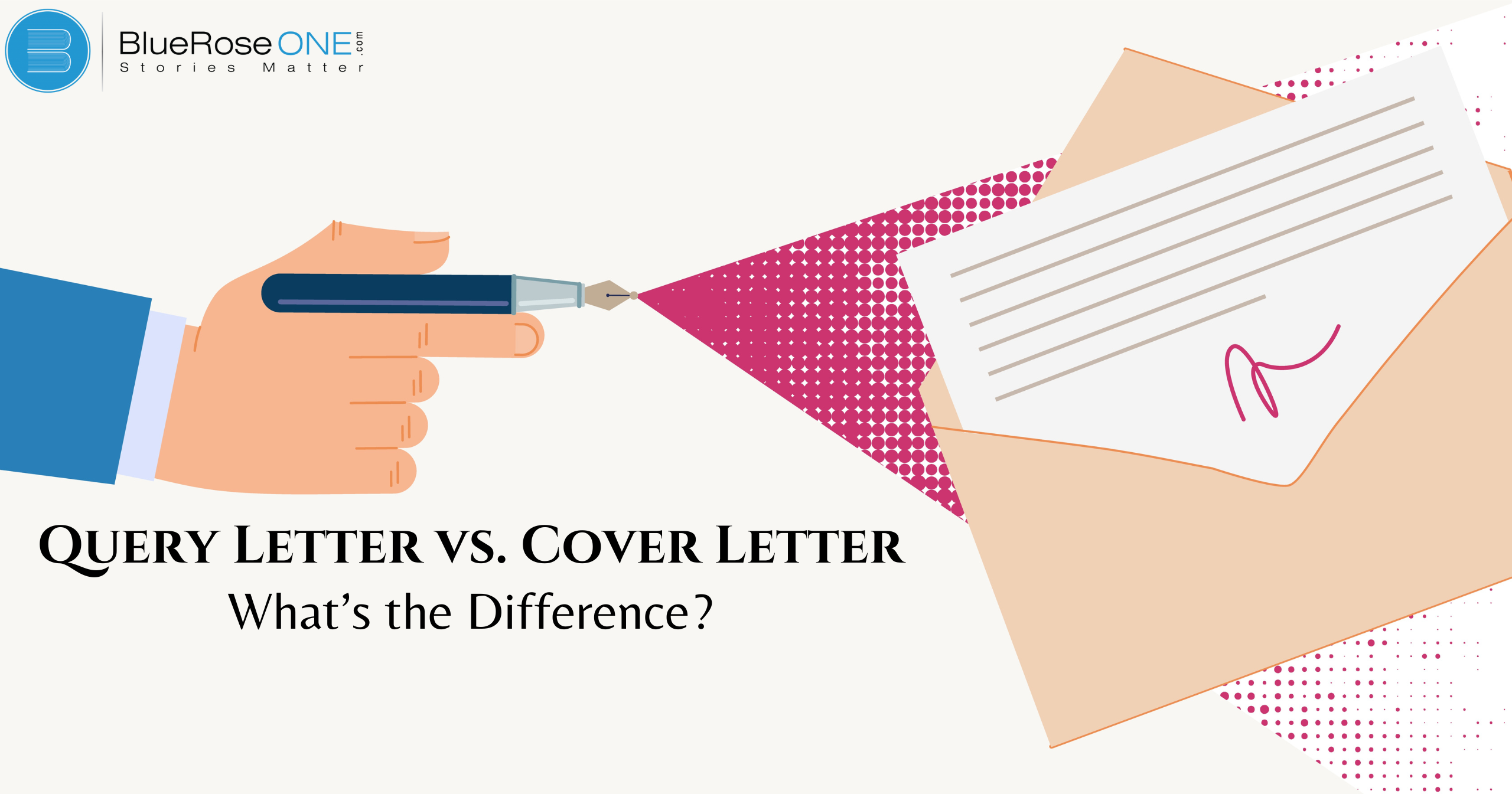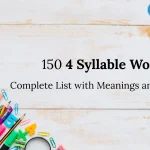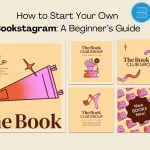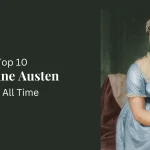What is a Query Letter?
A query letter is a formal letter that authors send to literary agencies or publishers to pitch their book idea. It briefly introduces the work, emphasizes its genre and intended audience, and provides a concise description of the plot or primary idea. The purpose of a query letter is to capture the recipient’s attention and persuade them to request the complete manuscript. It also provides a brief author bio that highlights important writing experience or achievements.
You may also like: How to Publish a Book? | Publish Your Book | BlueRoseOne
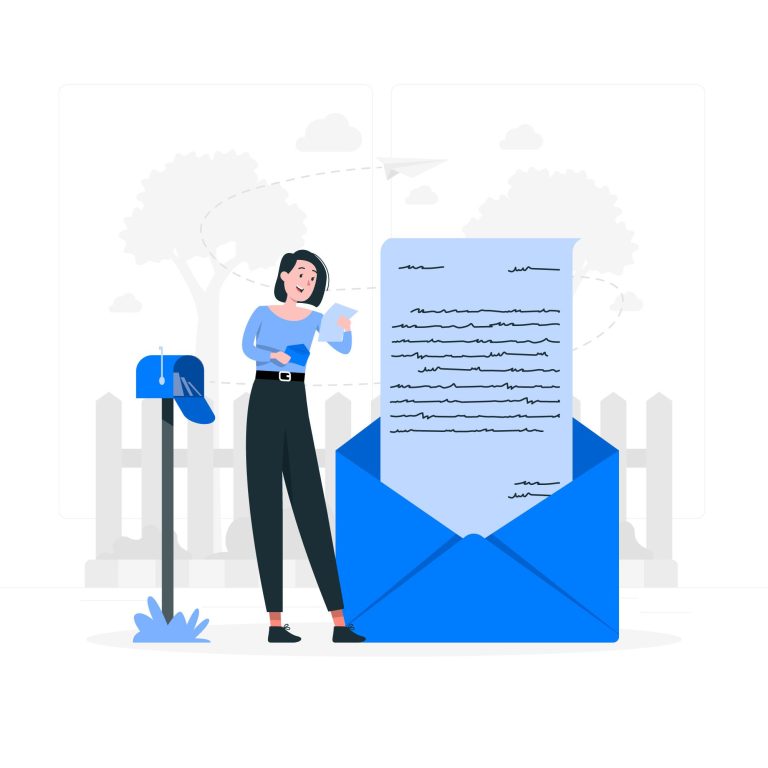
Key Elements of a Query Letter
- The Hook: A gripping opening sentence or paragraph to draw the reader in.
- The Summary: A concise description of your project, focusing on its unique elements.
- Author Bio: A brief section highlighting your writing credentials or relevant experience.
When to Use a Query Letter
A query letter is used to pitch a creative work, such as a book, essay, or movie, to an agent, publisher, or editor. Its goal is to pique their interest and provide a brief description of your project, including its genre, target demographic, and a captivating hook. A query letter is often used to measure interest before submitting a full manuscript or proposal. It is necessary for authors who want to be represented or published in traditional marketplaces.
What is a Cover Letter?
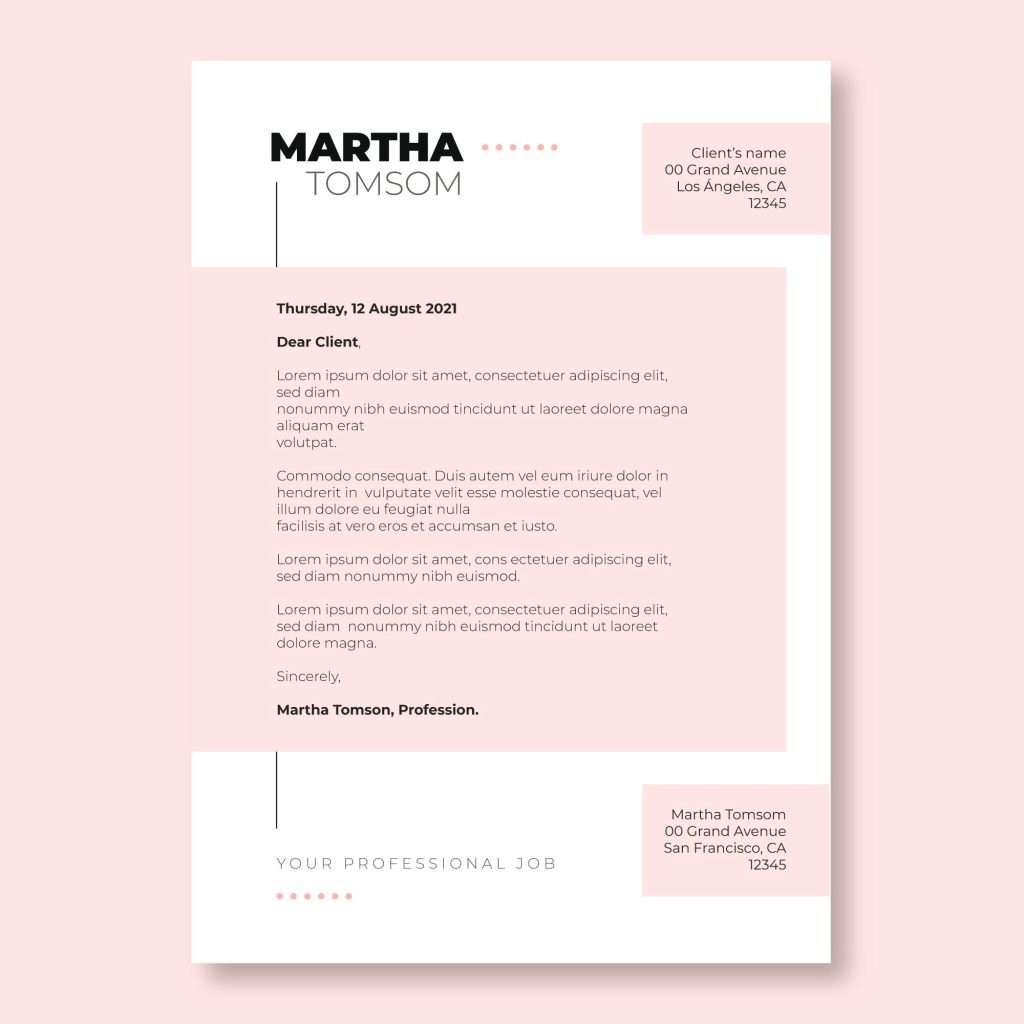
Key Elements of a Cover Letter
- Salutation and Introduction: Address the recipient directly and state your purpose.
- Body: Highlight your qualifications and align them with the role.
- Closing: Finish with a strong call to action, such as requesting an interview.
You may also read: How Can I Get a Book Published?
When to Use a Cover Letter
Key Differences Between Query Letters and Cover Letters
Target Audience
One significant distinction between query letters and cover letters is their intended audience. Query letters are made expressly for literary agents or publishers, with the goal of pitching a creative product such as a novel or film. Cover letters, on the other hand, are often sent with a job application and addressed to potential employers or hiring managers. The goal of a query letter is to ignite interest in a work, while a cover letter focuses on showcasing professional qualifications and expertise for a specific post.
Content and Structure
Tool and Style
Purpose and Goals
A query letter is used to pitch a creative project, such as a novel or film, to an agent or publisher. It focuses on generating interest in the project and obtaining representation or publishing. In contrast, a cover letter is often used in job applications to highlight your qualifications and explain why you’re a suitable fit for a given position. A cover letter markets your talents and expertise, whereas an inquiry letter promotes your work.
You may also like: What is Foil Character? Definition and Examples in Literature
Tips for Writing an Effective Query Letter
- Research your audience thoroughly.
- Use an attention-grabbing hook.
- Be concise but engaging.
Tips for Writing an Effective Cover Letter
- Tailor it to the specific job or client.
- Emphasize your most relevant skills.
- Check and recheck for errors.
Tools and Resources for Writing Both Letters
- Writing templates and guides.
- Books on professional correspondence.
- Online courses like Coursera or Udemy.
Conclusion
Understanding the distinctions between a query letter and a cover letter is critical for anyone entering the fields of writing or job hunting. Each has its own style, structure, and purpose, but both are effective tools when utilized effectively. So, the next time you need to send one, remember these pointers and let your words work their magic.
Frequently Asked Questions
No, they serve different purposes and target different audiences.
Typically, a query letter should be no more than one page.
Like a query letter, a cover letter should also be one page or less.
Follow submission guidelines. Some agents request additional materials, while others don’t.
It’s better to personalize each letter to match the recipient’s preferences and needs.

